8 February 2019
1st National Stakeholders Meeting in Lipa City in the Philippines
The Research Institute for Tropical Medicine held the 1st National Stakeholders Meeting last February 8, 2019 in Lipa City. The event aimed to present the project to the stakeholders of Lipa, as well as regional, national, and international counterparts of the Department of Health. Unfortunately, the central office of DOH was not able to attend due to the ongoing Measles Outbreak in different parts of the Philippines.
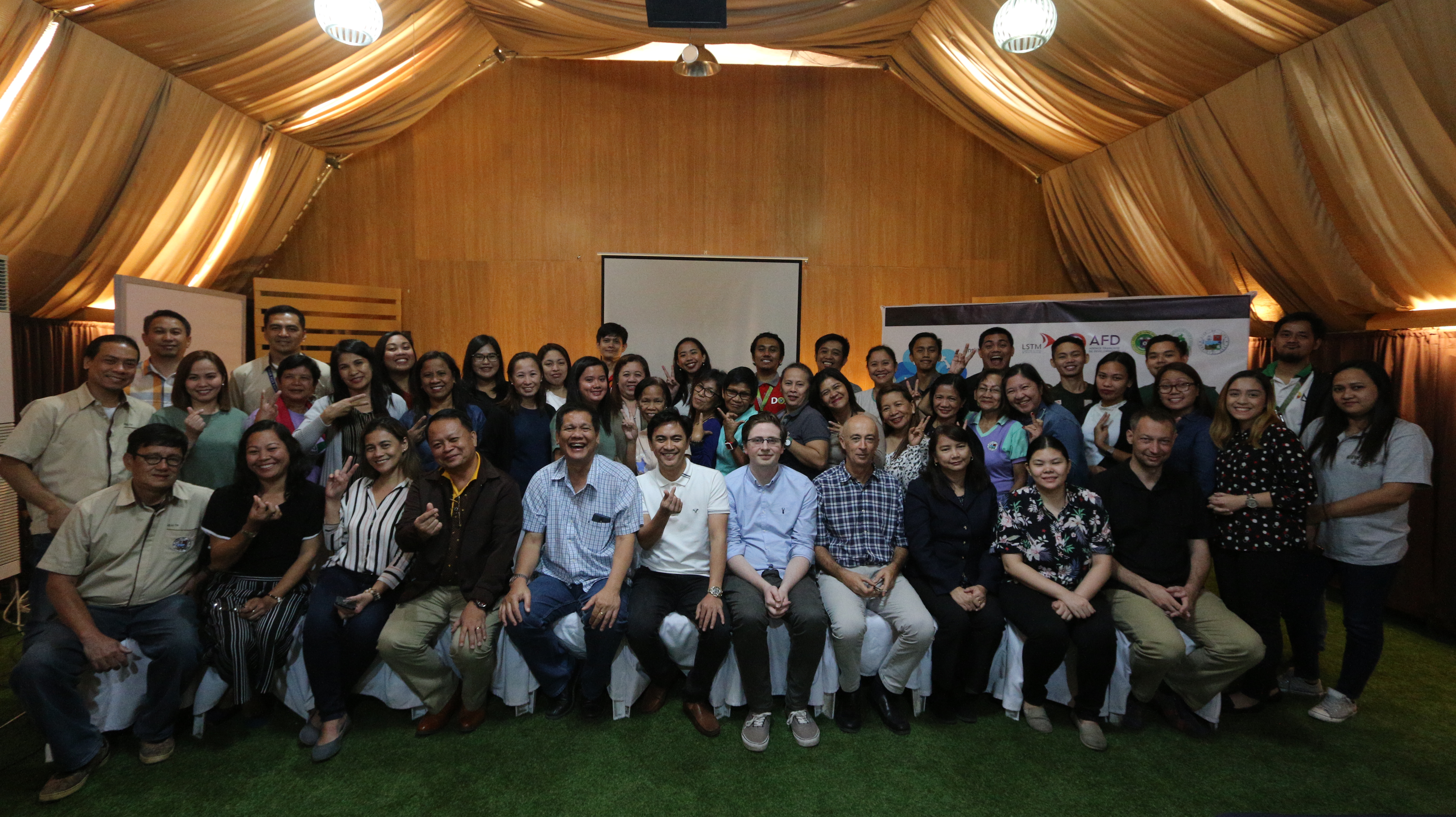
Dr. Alex Silang, the City Health Officer of Lipa and Honorable Erick Africa, the vice-mayor of Lipa made the opening remarks. Both addressed the importance of community effort in fighting against Dengue, and their gratitude for choosing Lipa City as the study site for the project. Mr. Jommel Mojica, the Dengue Program Coordinator of the DOH-Region IV-A, as for him, emphasized the need for acceptance of new technologies to combat Dengue, in addition to the 4S strategy and vector control strategies currently being implemented by the country.



After the presentation of global ECOMORE project that involved 5 countries in the region, the components of the project to be implemented in the Philippines was presented in details: Dr. Ferdinand Salazar made a comprehensive presentation on the entomological part of the study, especially the new auto-dissemination technique to be set up on a large scale in Lipa City (2600 traps will be installed, to be compared with 80 traps in Cambodian schools and 600 traps in hot spots of dengue in Vientiane) and he explained the entomological surveillance aiming at measuring impact of In2care system on mosquito dynamic. Mr. Tom Toner clarified the GIS and database module necessary to populate the DDMS (Diseases Data Management System) that will help to better monitor the dengue control program in Lipa City. Finally, Mrs. Ava Kristy Sy-Lee tried to familiarize participants with the virological component of the project and introduced the saliva testing to assess sero-conversion against dengue in children.
Sebastien Boyer, Head of the Entomology Unit at Institut Pasteur du Cambodge shared field experiences on In2care system implementation in Cambodia and in Lao PDR, where the system is in operational from 2018.
This presentation showed encouraging preliminary result in decreasing Aedes density and reminded operational constrains for implementing In2care traps on a large scale.

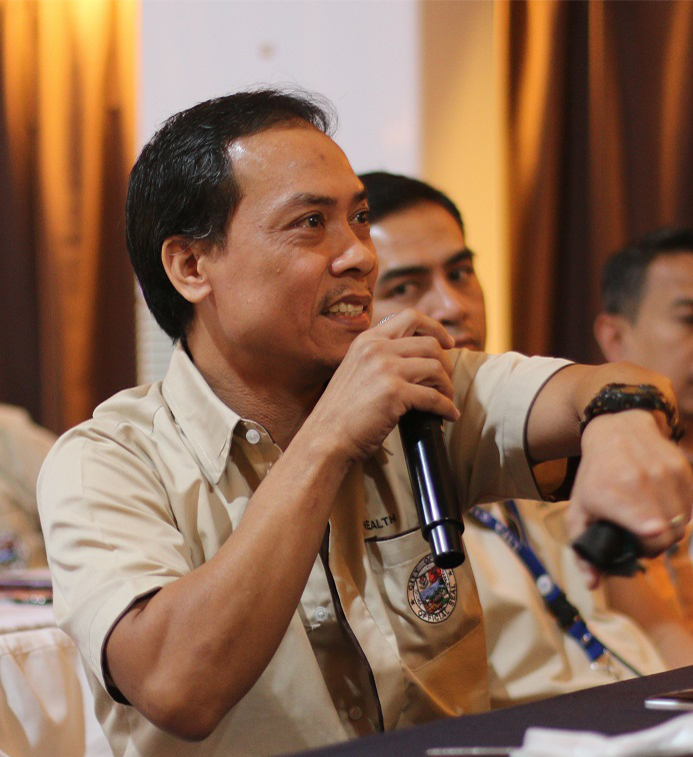
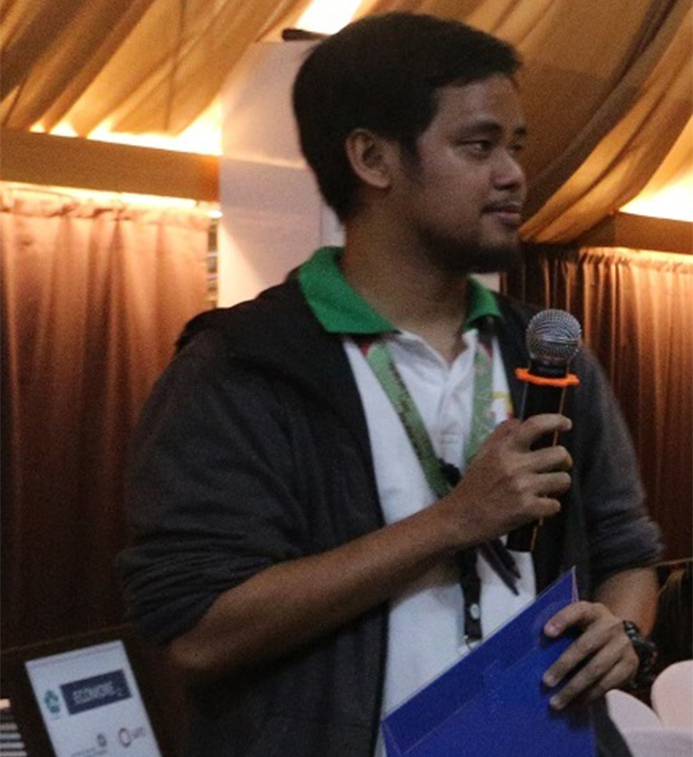
After the presentations, an open forum was held for presenters to answer the queries of the stakeholders, as well as the partners of the project. The principal investigator, Dr. Richard Paul also participated in the open forum via Skype Call. Jason Angeles was an outstanding facilitator during this 1st National Stakeholders Meeting
Safety of the method to be employed by the project, as well as its feasibility and sustainability in the long run (after the duration of the project), and the risks that the City will be undertaking in accepting the project were few of the questions that were raised during the open forum.
Dr. Salazar and the rest of the team assured the stakeholders and the partners of the project that everything was accounted for. The project was reviewed by the Institutional Review Board of RITM and other external reviewers. The safety of the project was assured with the numerous references and projects that were implemented using the same approach. The benefits also outweigh the risks, with the expected decrease in the number of mosquito population, as well as the new system that will integrate all the data available in the City to give better reports that can be used for up-to-date and immediate response to cases and outbreaks.
After the meeting, it was agreed upon to consult with the mayor for the final decision and create a memorandum of agreement for the expected contributions and obligations of each party that will be involved in the project.
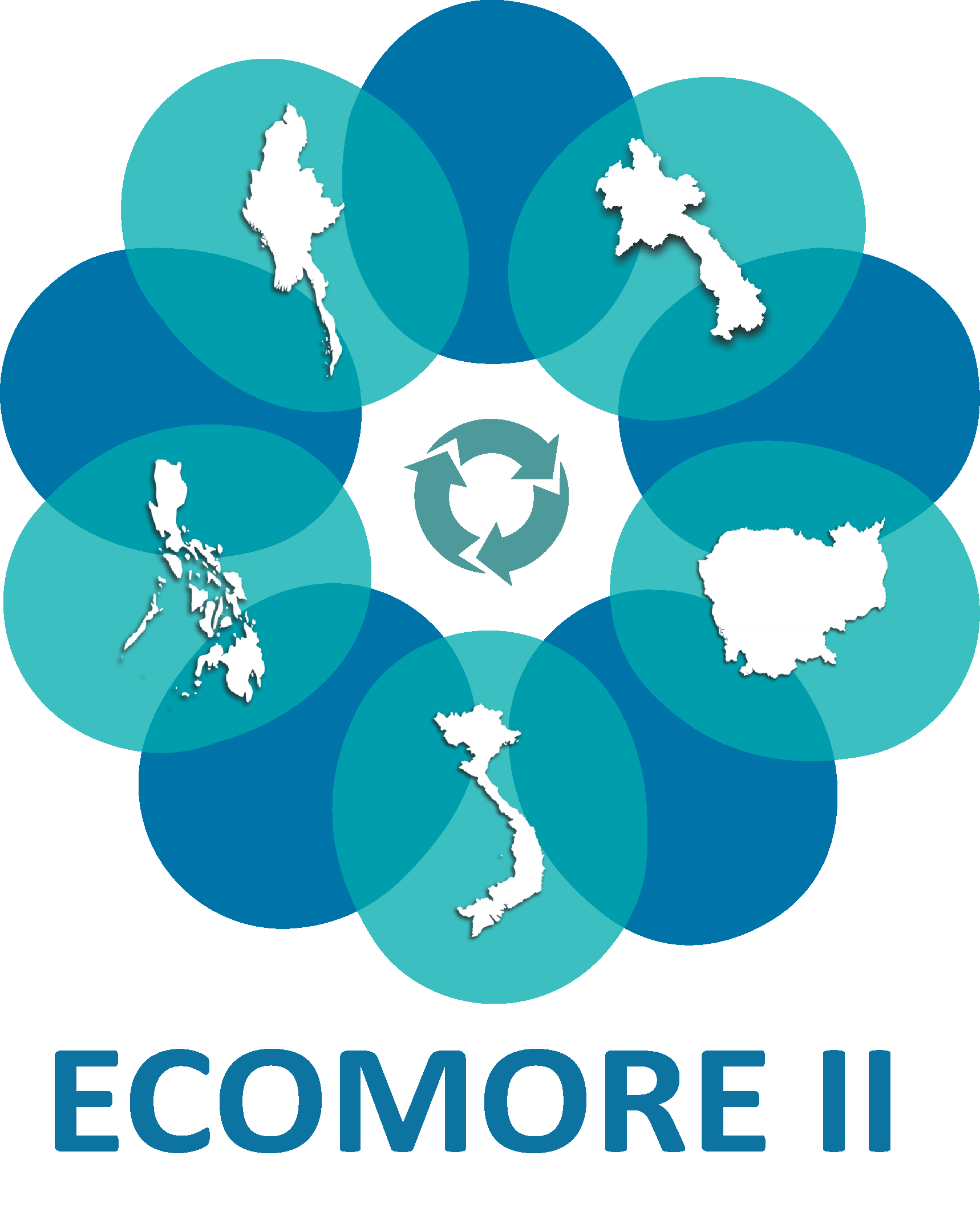

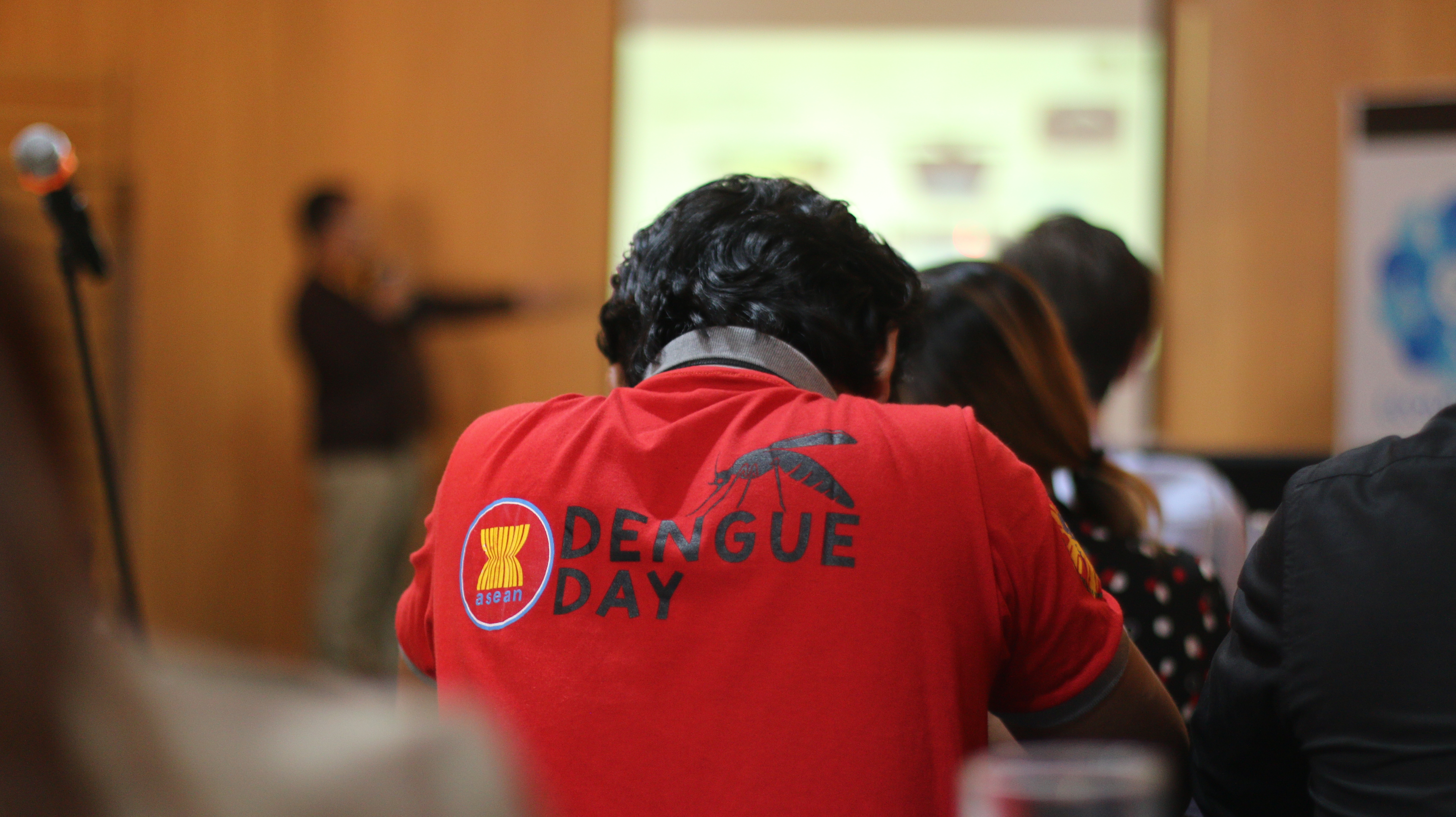
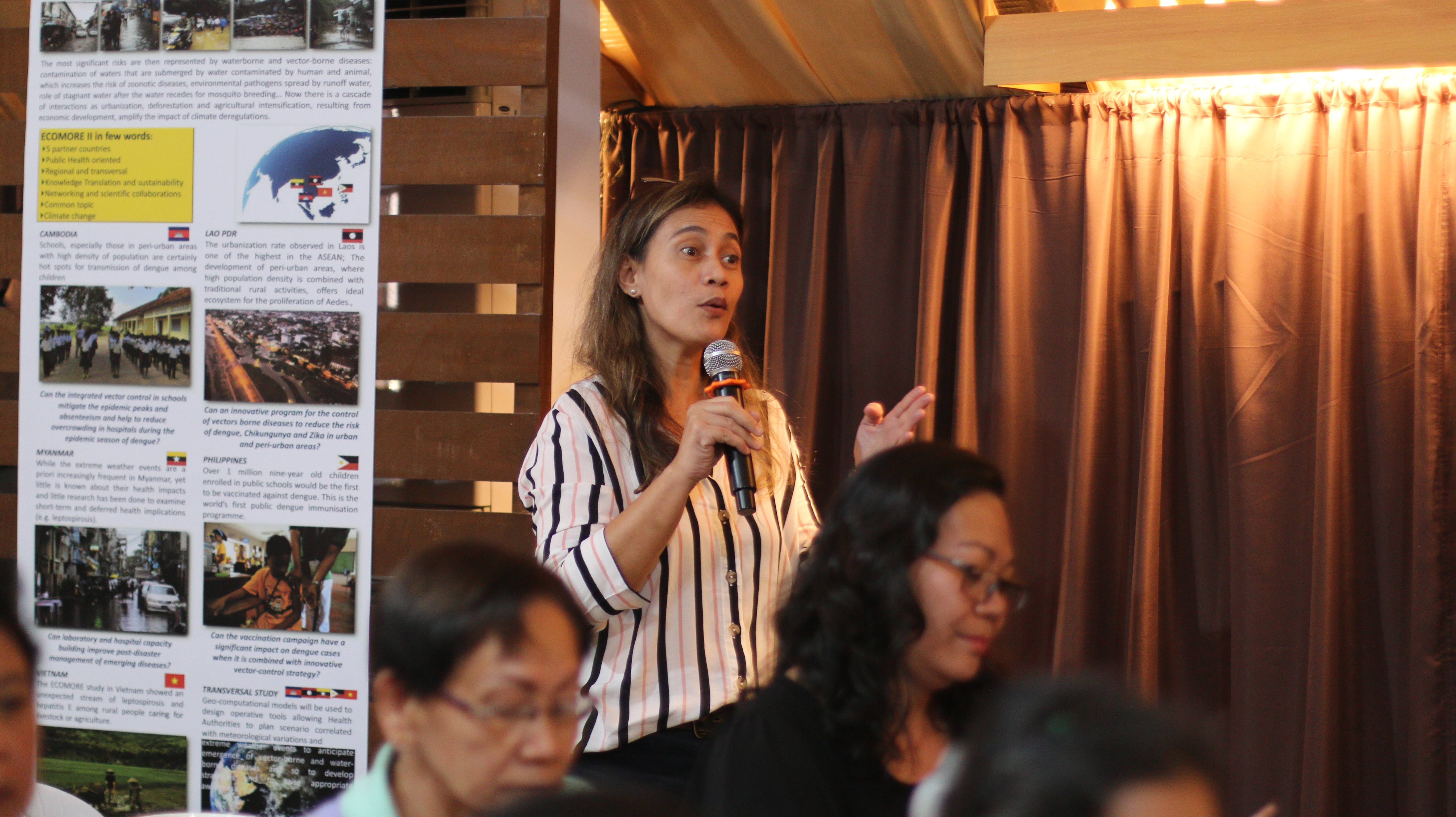
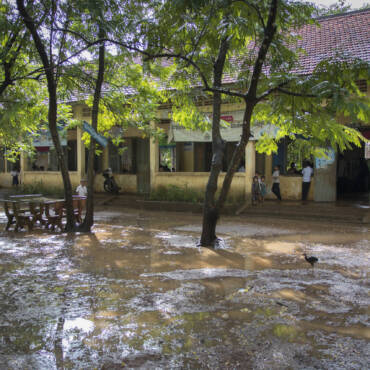
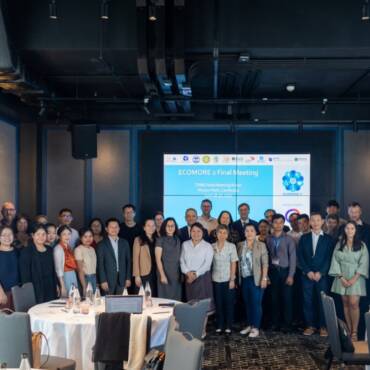
Add Comment